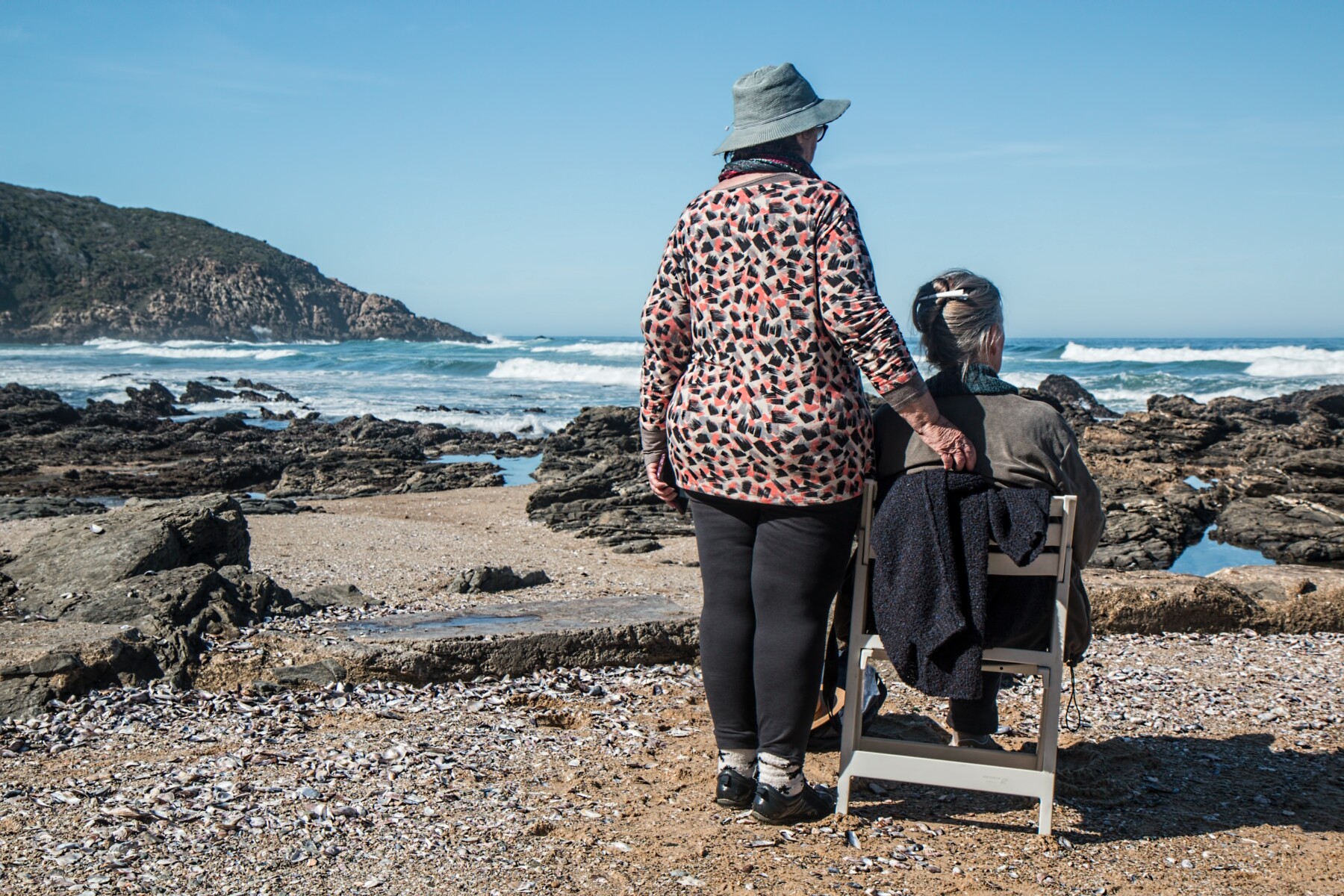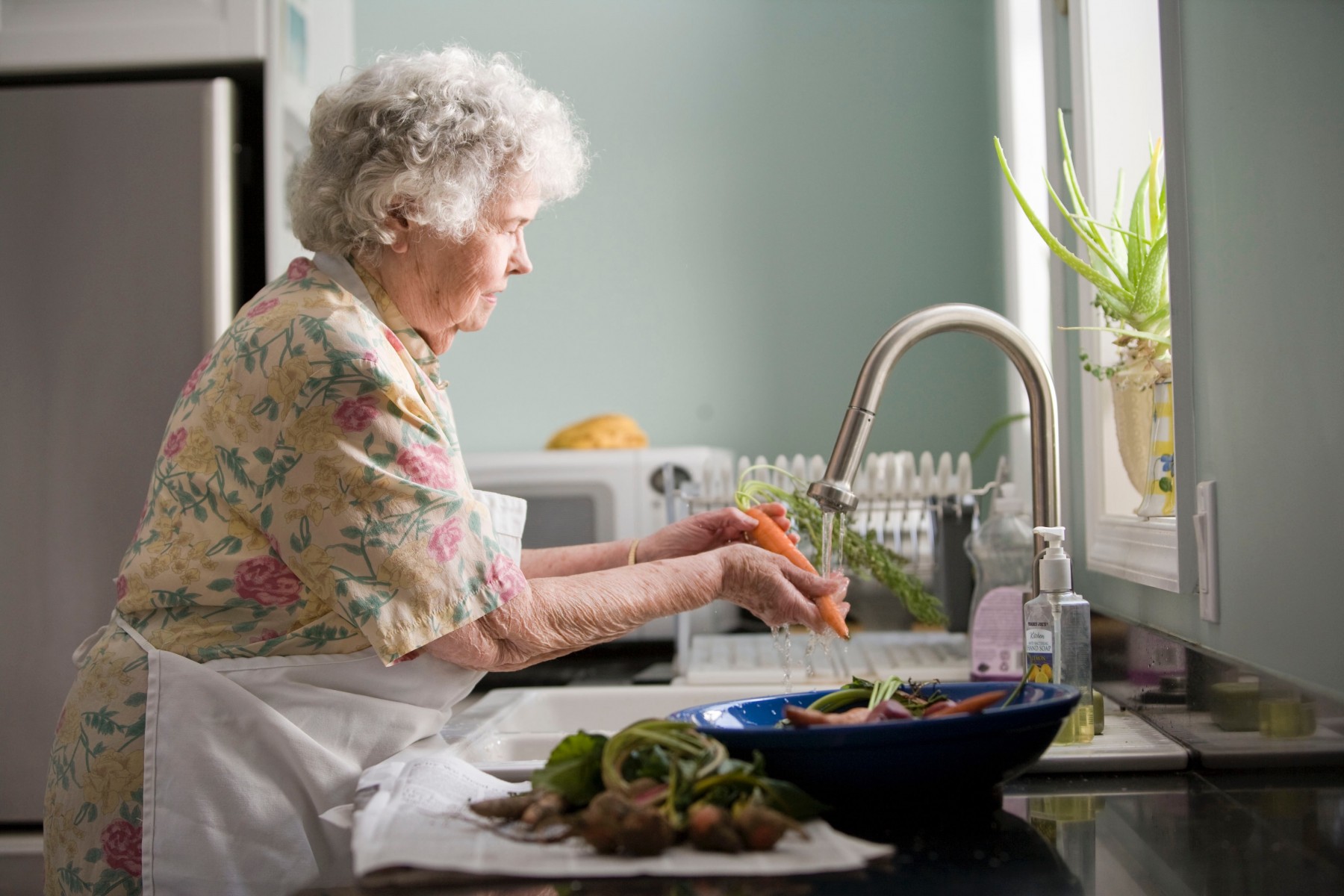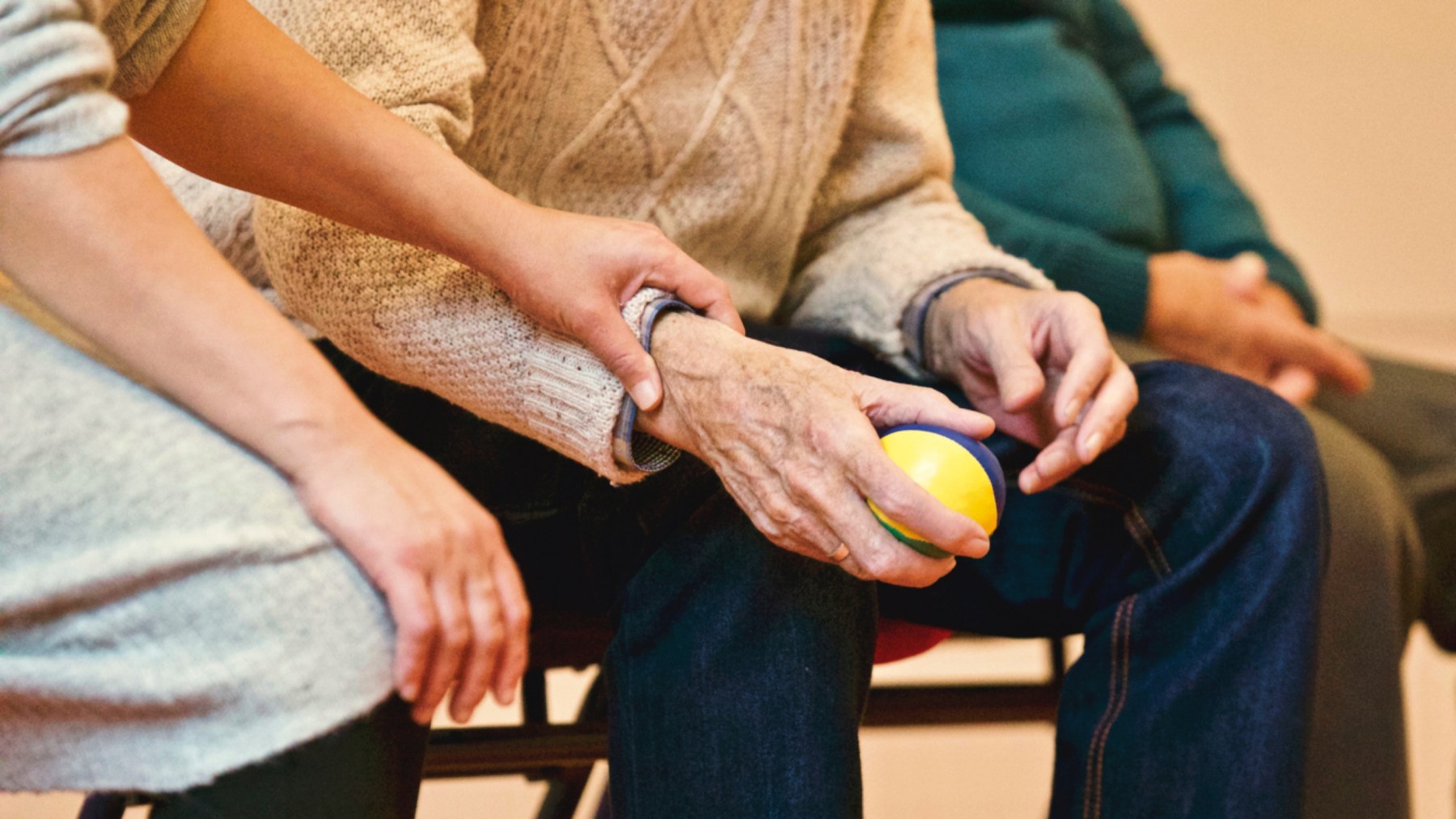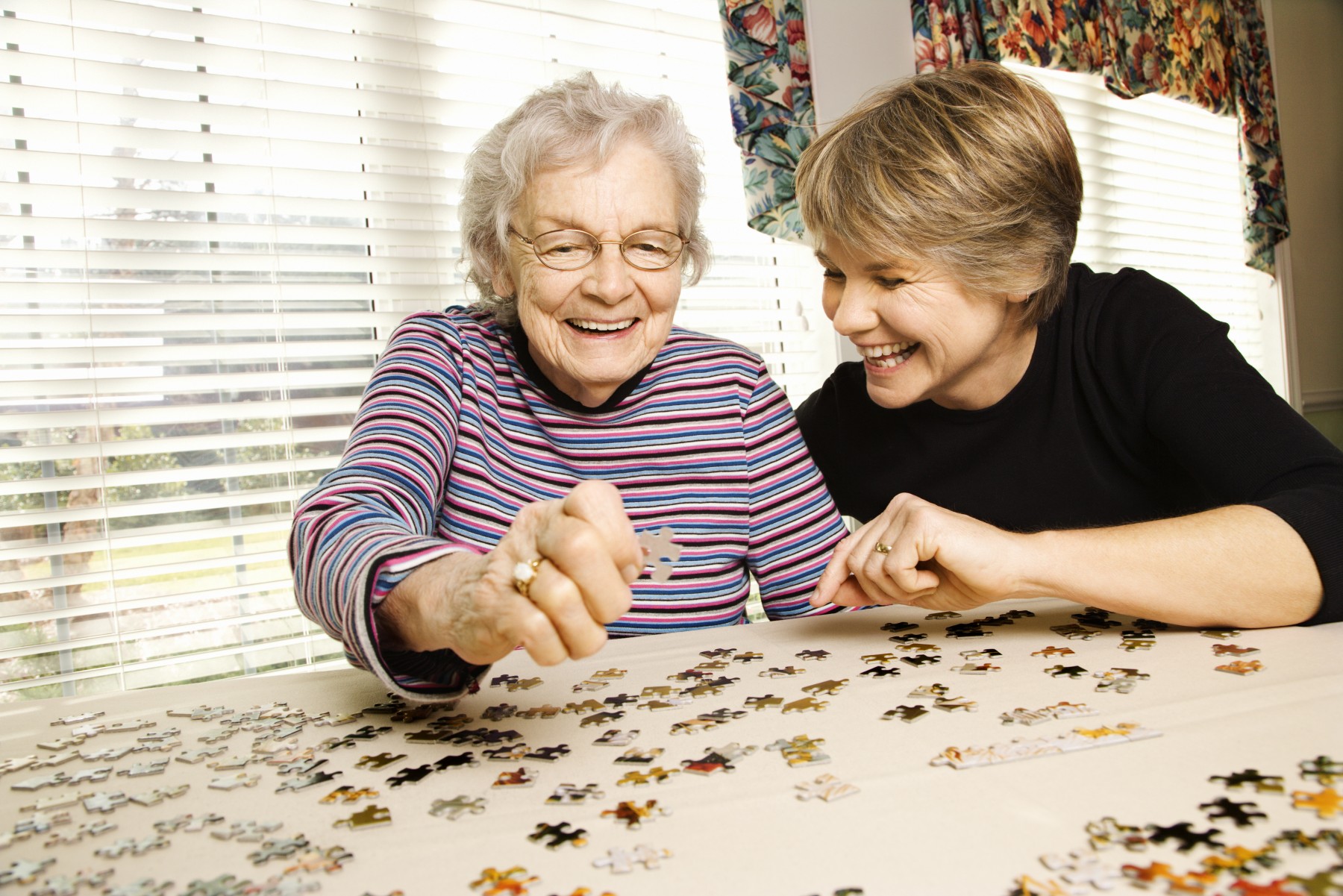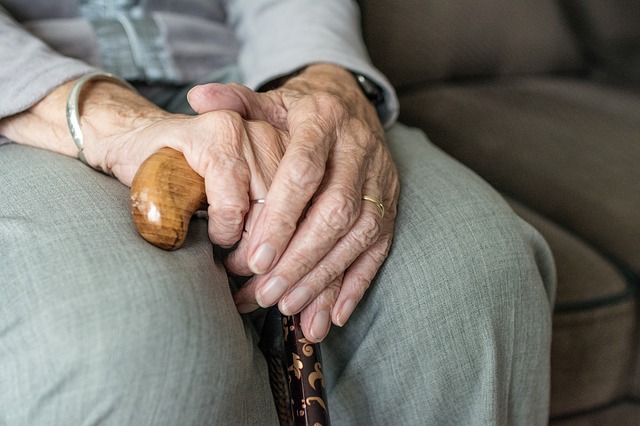A new year is often the time for taking stock and making plans. For older people it’s maybe an opportunity to think about whether they need extra help with everyday tasks or perhaps more extensive care. Depending on your needs there are plenty of options, ranging from personal care in your own home to full time nursing care.
The starting point is usually a care needs assessment carried out by your local council. The assessment is to identify and document your needs. It isn’t there to tell you what to do, it’s to help you choose the type of care that suits you best.
It might be that you can continue living in your own home with a few modifications, perhaps supported by a care at home service. For some, residential care will be the best option. Here too, there are choices.
The most suitable care home will depend partly on the type of care you need. This could be personal care such as help with washing and dressing, through to round the clock registered nursing or specialist care. Most importantly, the care home you choose should be somewhere that you will feel at home and well cared for.
How to Choose a Care Home
Choosing a care home is a big step. It’s important to do your research to be as sure as possible that you’re making the best choice. Points to consider include:
- Funding support. You may be eligible for some financial support, depending on your circumstances. Most people will need to pay for some or all of their care so financial planning is important.
- Recommendations and online reviews. It’s helpful to see what families of care home residents say about the home.
- Your own impressions. Does it feel like somewhere you’d be happy to live?
- The type of care you need.
All Altogether Care homes provide nursing care to meet most people’s needs. Sherborne House also has specialist nursing care for dementia, Alzheimer’s, epilepsy, stroke victims and behavioural difficulties arising from a loss of mental awareness. Each home is friendly, welcoming and caring and makes it a priority for you to maintain as much independence as possible.
Find out more about our homes.
Alternatively, call 01305 300 161 or email contact@altogethercare.co.uk for more information.




